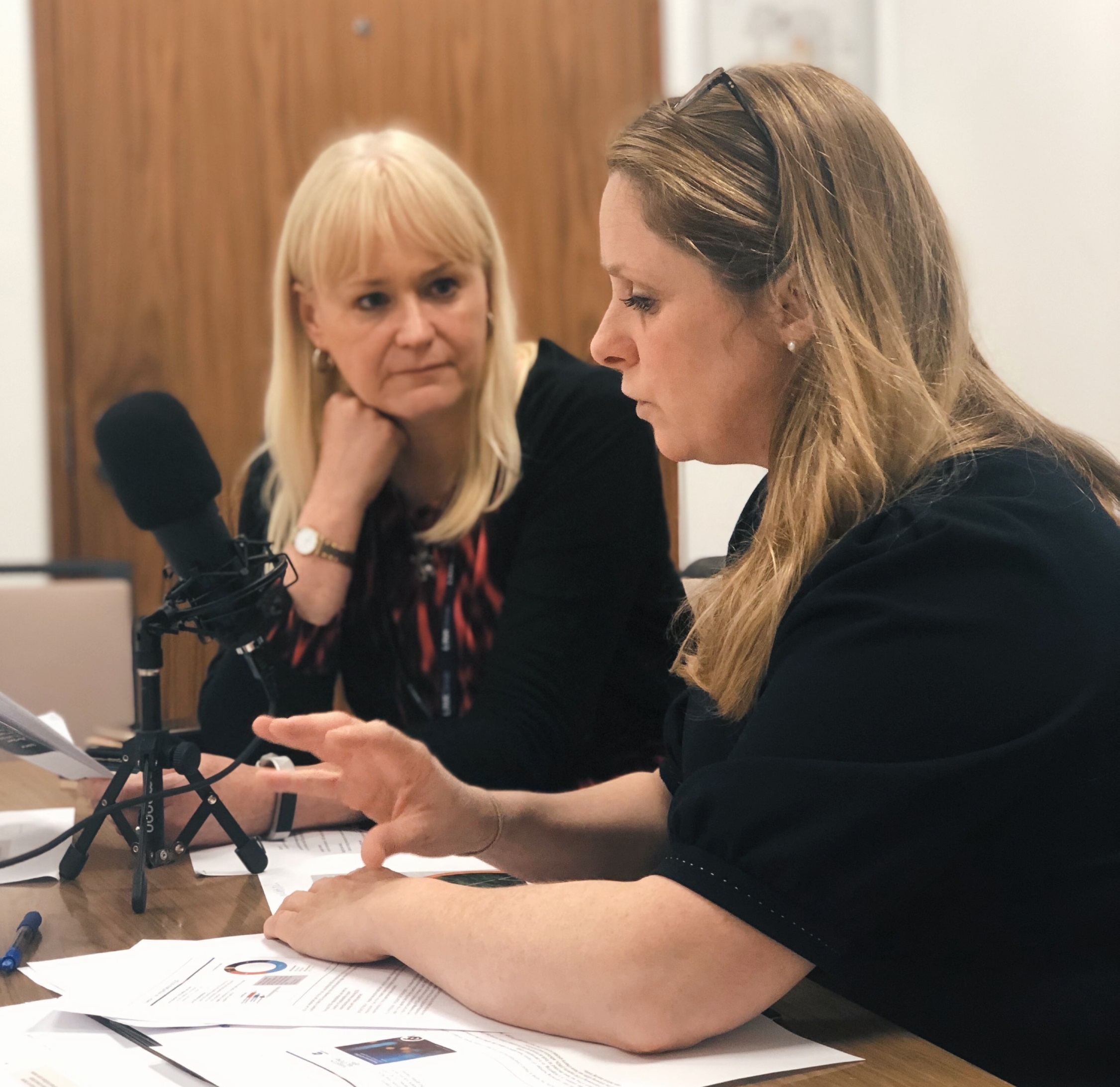Understanding Share Ownership - The new normal
May 2020 / Link Group

(Alison Owers, CEO of Orient Capital)
Our Investor Relations specialists talk about the recent changes they've seen in shareholder monitoring and engagement.
Our Orient Capital team continues to support thousands of clients globally as they navigate the effects of Covid-19 on their businesses and its wider ramifications on society as a whole.
Our position as a leading Investor Relations consultancy provides a unique global perspective on current market trends impacting IR teams and how many of the listed companies we work with are rising to meet these challenges.
In recent weeks, OC has observed changes that can be broadly categorised into two areas:
Increased shareholder monitoring
A need for additional and more frequent data and the tools that support it. This is to provide a better understanding of how the changing market conditions are impacting investment in our client’s shareholder base.
Enhanced engagement
A desire for business as usual; business continuity solutions in a time of lockdown and social distancing, including increased requirements around webcasting (audio and video) for virtual roadshows, AGMs and results presentations
Shareholder monitoring: the context…
It will be no surprise that a look at the trading volumes for the FTSE 350 show a marked increase in activity in recent weeks, especially in the days following the initial lockdown period.

(Source: Investing.com)
Whilst some index listed investors have been forced to reduce their exposure to equities, others have seen the current trading environment as an opportunity. In this environment, it is important to understand how your shareholder base is reacting.
Key pointers and how to address them
Key things to watch out for are:
- Which investors are selling out of your stock?
- How much trading activity are you seeing and who is behind it?
- Are you seeing new, unknown investors?
- Are you attracting the interest of activist investors?
- Who should you be prioritising your time and effort on engaging with?
- How do you do that when the traditional ways of reaching out are no longer available?
The first step of addressing some of the questions is to accurately identify who is trading the stock, and having a current understanding of the composition of the register. With the increased turnover in trading, this information can change quickly from week-to-week or even on a daily basis.
How often is sensible?
Most listed companies run regular share register analysis reporting (typically at monthly or quarterly intervals). But this can increase at times of increased trading activity, volatility or change when it is important to keep a closer eye on your shareholder behaviour.
In recent weeks, OC has witnessed a significant number of corporates increase their regular analysis to weekly or daily activity review, while enabling a quick and efficient way to translate trading activity into investor movement reporting.
Enhanced engagement: the context…
As with the need to monitor your shareholder base more closely, it will be no surprise that in recent weeks the ‘normal’ way we interact has changed immeasurably. This goes for company events, where more meetings are being held remotely and investors meetings have taken on the word ‘virtual’ as standard.
What have we seen?
As we support companies with their AGMs and results roadshows, the last month has seen some events postponed or pushed to later in the year. Where this is simply not possible, companies are being creative. Indeed, we have even noted an AGM being held in a service station car park at a safe social distance!
For most companies however, being creative means embracing a greater audience medium. The number of virtual events we support has gone up significantly in the past month. With companies looking to webcast to continue to meet their listing obligations, it can be an easy, efficient and ultimately more cost-effective way of ensuring the engagement still takes place – in just a slightly different form.
How can we help?
We hope this article has provided some ideas and solutions for the challenges. We are certain that the adoption of some of these crisis techniques and tactics we have outlined will become de facto in the years beyond the pandemic we are experiencing. One thing is certain: the world is adapting and the shackles of normality we were used to won't be the same again.
OC, although more homebound than we are used to, is continuing to support our clients as usual and our team of experts are available to discuss any of the solutions mentioned in this piece.
www.orientcap.com
ocl@orientcap.com